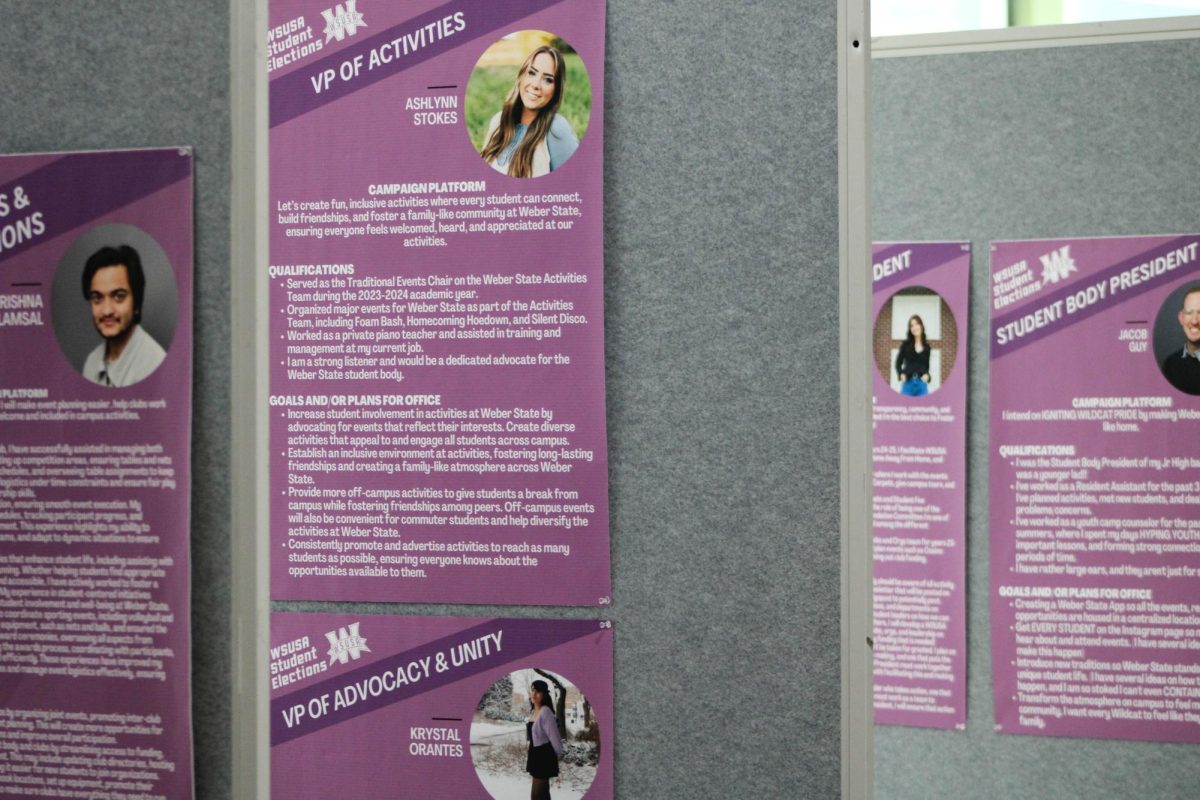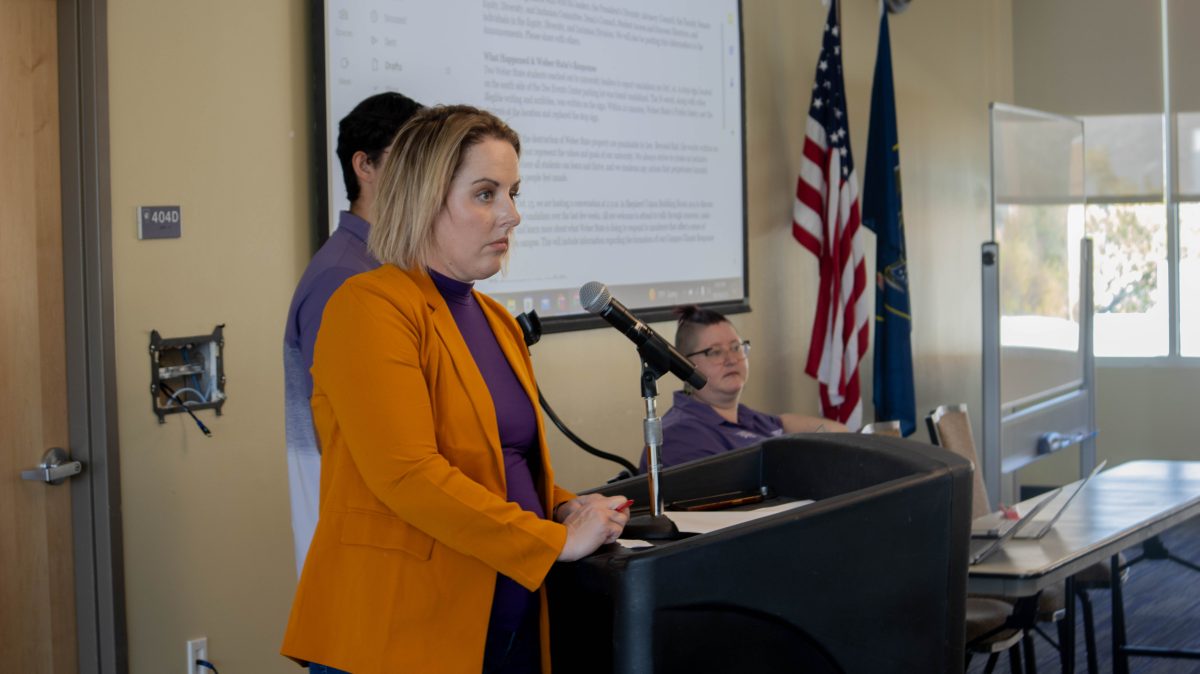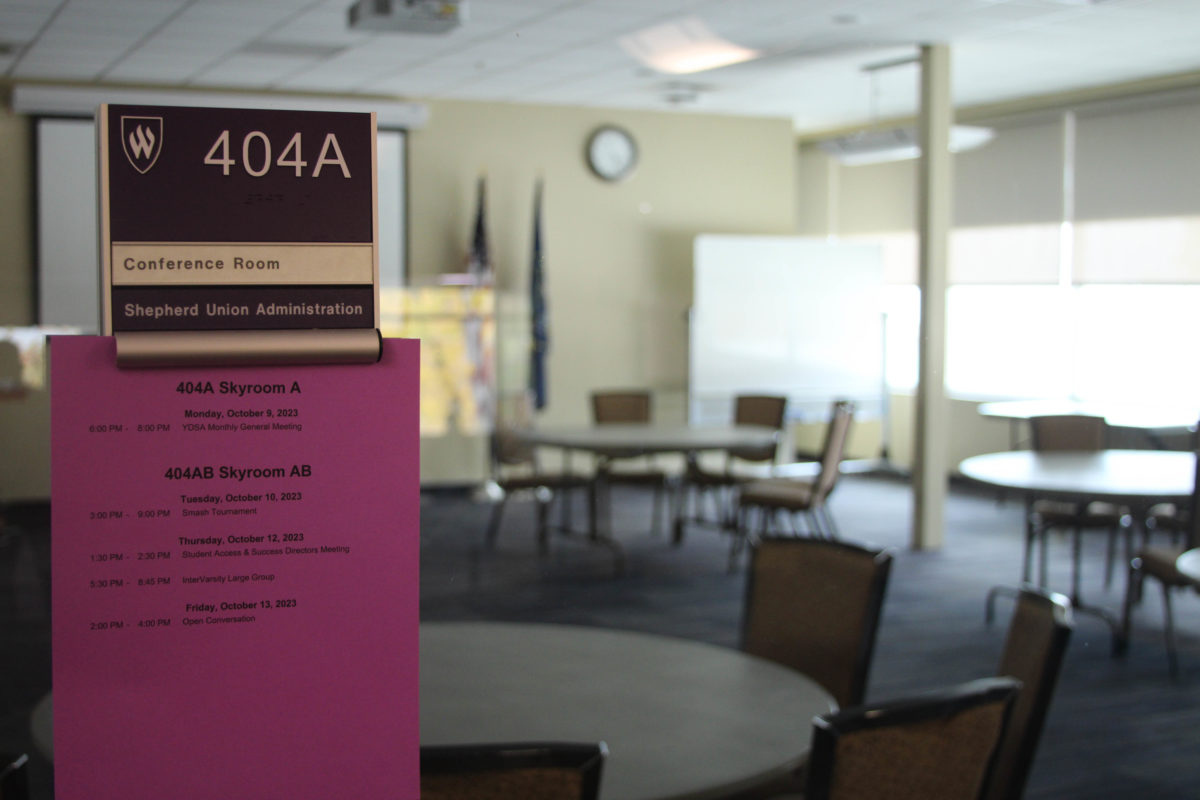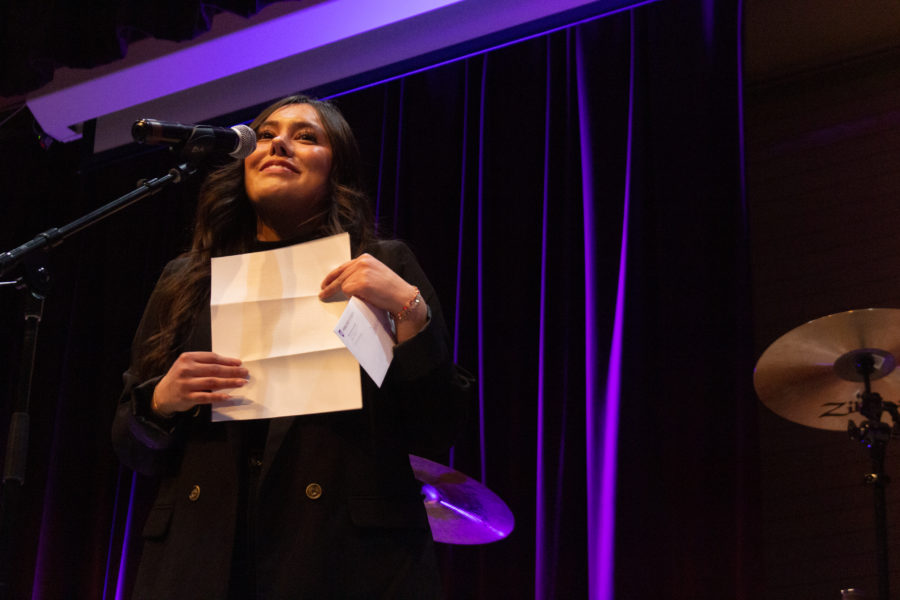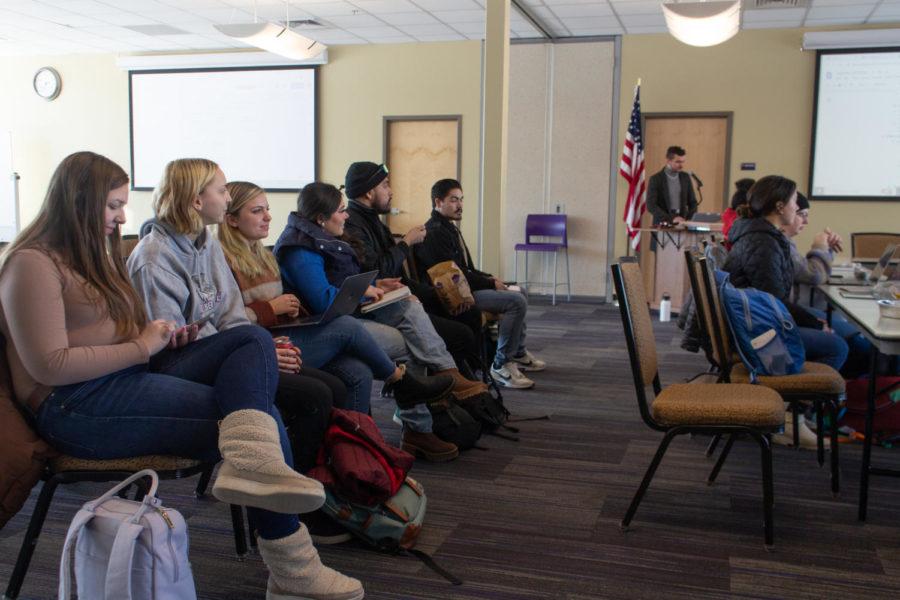
The Weber State University Student Association Executive Board met on March 23 to discuss a previous class scheduling policy at Weber State.
Several years ago, a protocol determined that no classes were held during one hour of the day, two days a week. This protocol was taken so that students could have time to work on projects, catch up on homework or participate in extracurricular activities.
That free hour was later removed so that students could build their class schedules with less time in between, which would allow students to handle other demands, such as work or family obligations.
The board members discussed the free hour because members of the WSUSA brought it up to the executives to examine and analyze its potential.
Board members began talking about the positive outcomes that a set-aside time could have for the overall-student population. The time where the supposed free hour could be scheduled became the main issue that the conversation revolved around.
When the free hour was in place, it was during the mid-day lunch hour in order to be more accessible to a larger number of students. If instituted now, the time could allow opportunities for student involvement.
“I think that some students are interested in getting involved, but don’t have that opportunity because if they’re not in class, they’re going to work,” said Programming Vice President Noor Mouhammad. “If we make this free hour early enough in the day, where it’s before they go to work, it might be successful.”
In the past, the free hour was used by the WSUSA for convocations and speeches and for teams to gather to discuss their goals and calendar items.
The free hour was later removed so that the different colleges at WSU could schedule more classes and offer more flexibility in student schedules, allowing students to create schedules that better fit their other responsibilities.
“I think they stopped it to respect students’ time,” said Landon Bickley, Leadership Vice President. “When they’re up on campus, it’s more effective time usage, and then they can go do whatever else they need to.”
The board members also considered the negative effects that setting aside a time for no classes could potentially create.
For example, some students could feel overwhelmed by more obligations to dedicate time at school to activities. A free hour could also cause complications with the full-time employees (professors, advisors) who are expected to be working in class rooms for a certain amount of time every week.
According to the complete class schedule for Spring Semester 2017 provided by WSU, classes are held from 7:30 a.m. to 10 p.m. Most students take their classes between 9 a.m. and 3 p.m., as reflected by the high number of classes held at that time.
However, many upper-division courses dealing with hands-on experience (for example, paramedic training) are only offered later in the evening.
Finding a free hour to not hold classes would be difficult and require efforts from many sources.
Overall, the board members expressed that this idea could be beneficial, but also that the decision should be left up to university President Charles Wight.
“I don’t think this is a conversation that we need to have,” said Hailame Kinikini, Diversity & Unity Vice President. “Ultimately, it’s up to the provost and President Wight.”








